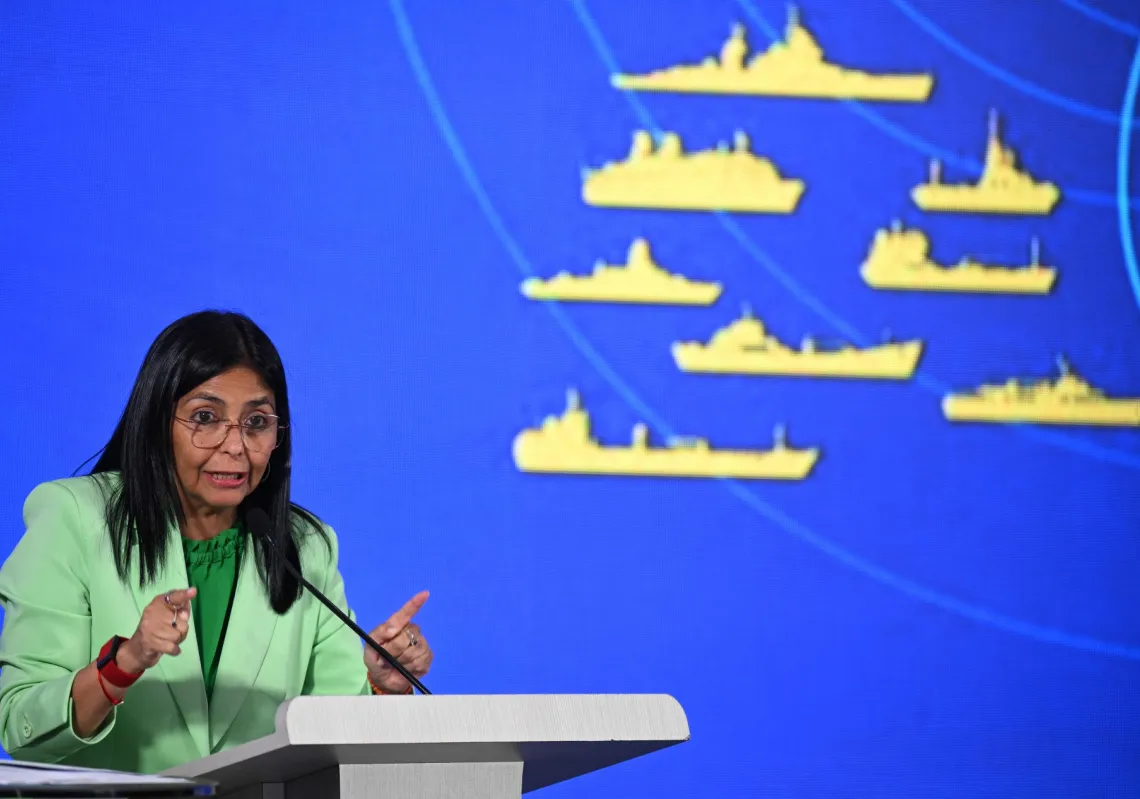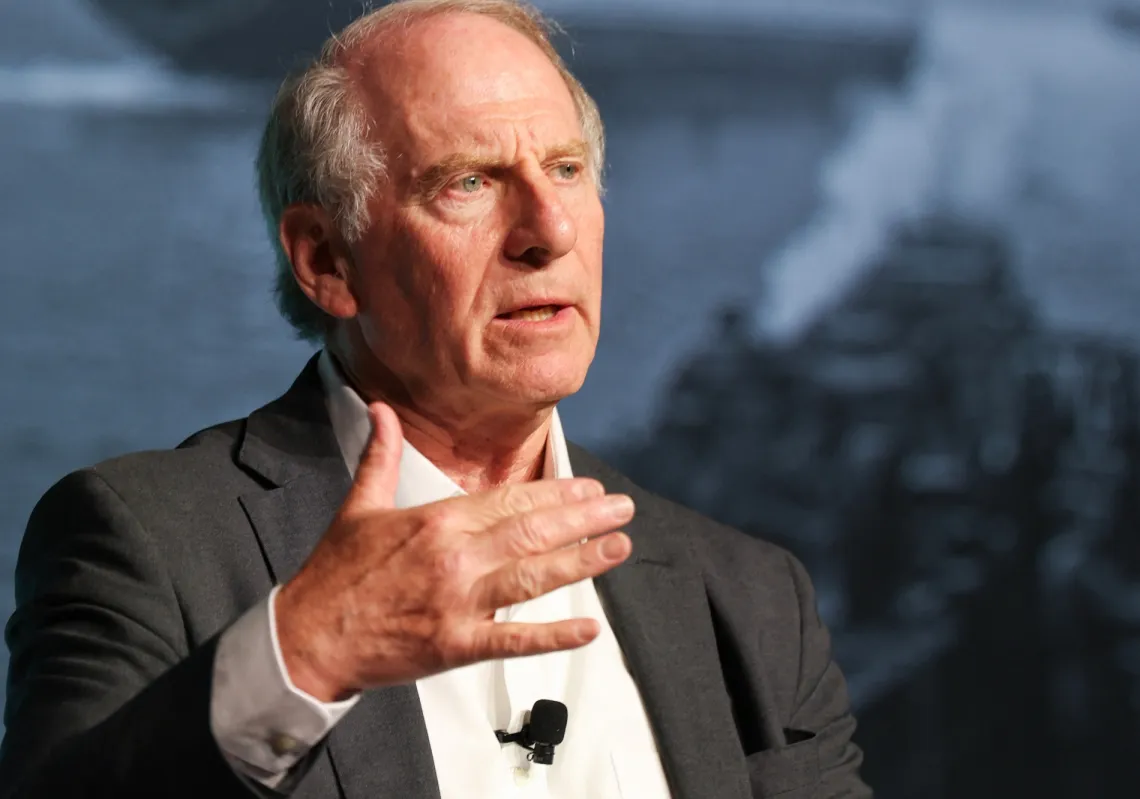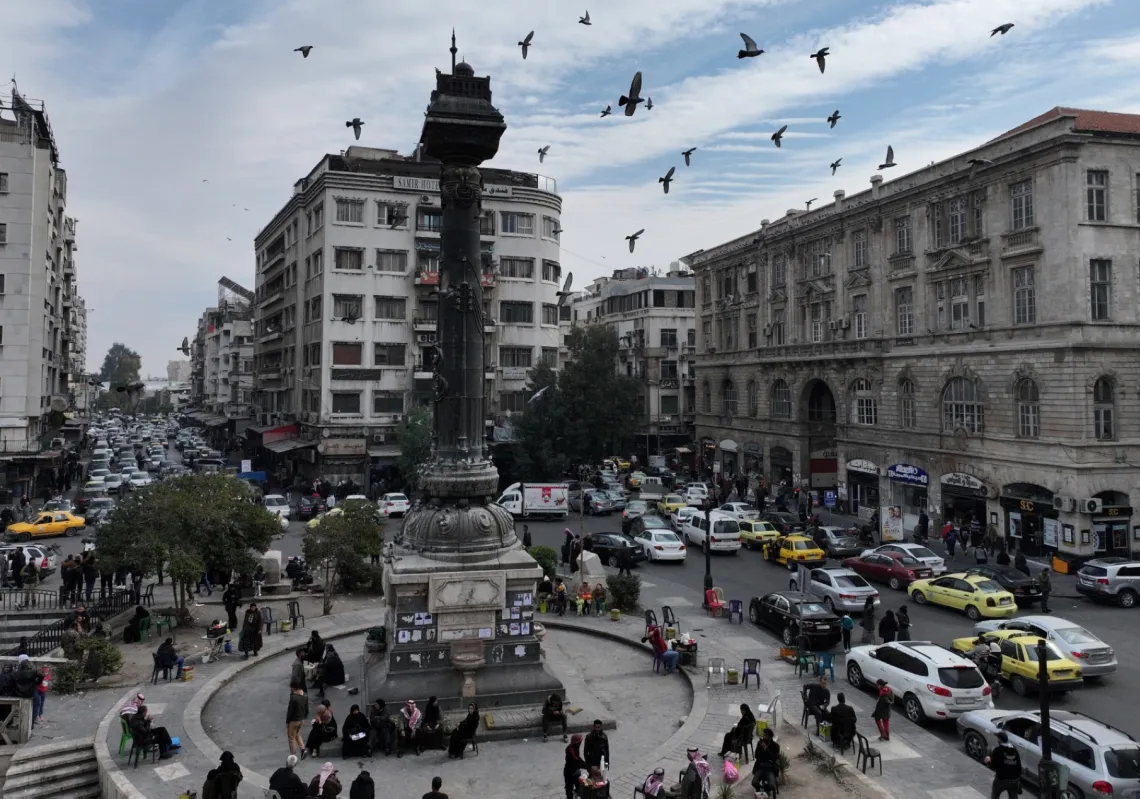Indeed, there is a third party which had not been able to take control of the central authority in Pakistan. But this third party remains an important component of the political elite through its control of some parliaments and local governments, and through its alliance with the ruling elite at certain periods. This third party includes the religious forces that have entered into an important alliance with the ruling elite, especially the military one. This relationship can be traced back to the early stages of establishing the state of Pakistan, and it remains strong in the following years. This strong relationship with the army has always been a part of the good relations that have been established between the army and the Islamic forces. At the same time, it is a natural evolution of the Pakistani state, which was founded on a religious basis.
Thus, one fact that can be extracted from the composition of the ruling elite in Pakistan is the involvement of the army in political life, either directly or indirectly, and the inability of the civilian elite to completely exclude the army from the political equation. Another fact that can be extracted from this composition is the important role played by the religious forces.
From what's stated above, what is going on now in Pakistan is a kind of shift in the content and substance of these constant powers which have ruled Pakistan for decades.
The first manifestation of this shift is the reformulation of the relationship between the state and the religious forces; a process initiated reluctantly by the former president Pervez Musharraf. But clarity and political commitment were not part of this process. Musharraf introduced fundamental changes in Pakistan's foreign policy (the abandonment of the Taliban-Afghanistan regime, the integration into the American war against terrorism, and the re-drafting of the Pakistani discourse about the conflict over Kashmir). But these changes were not accompanied by similar clear and substantial changes at the domestic level. Despite the important actions taken by Musharraf against a number of Islamist militant groups, these actions did not affect the structural characteristics of the ruling regime. This confrontation was only directed against violent Islamist organizations, which constituted a threat to the regime. Also, this confrontation was partly due to the influence of external pressures, not as a result of an initiative made by the regime. The six major Islamist parties, represented in the "Consolidated Action Council," which has become a key partner of the regime after the 2002 elections, were intact.
The second manifestation is the relative curtailment of the political role of the army; a project sponsored by the United States. This project was based on the revival and promotion of secular political parties, supporting them in their struggle to assume power, as part of a package of developments. It began with forcing President Pervez Musharraf to step down as army chief, and ended with the successful attempt by the civil political forces to compel him to resign, and the People's Party's assumption of power.
Since the civil authority came into power, Pakistan has witnessed a state of harmony between the civil and military wings of the regime, which was reflected in the ongoing military operations carried out by the army against the Taliban-Pakistan movement. However, this political agreement has been achieved through the common interests that both wings now share. On one hand, based on the Obama administration's review of the U.S. policy toward the South Asian region, it was natural that for Washington to re-evaluate its approach towards the regime of Asif Ali Zardari. The United States had already begun to show some signs that it is willing to open a communication channel with Nawaz Sharif. Such signs had an important impact on Zardari, who is aware, more than anyone else, of the risks that American pragmatism represents for his political future. Thus, it was natural for Zardari to change his conciliatory approach towards Taliban, which he had begun by signing an agreement that allows for the application of Islamic Sharia in the Swat Valley, and embarking on a massive use of military force against this movement. This change of position by Zardari came after the U.S. administration expressed its rejection of his conciliatory policy. Carrying out such massive military operations required Zardari to totally rely on the army, which gained him several advantages: Firstly, it allowed him to send a strong message to the American administration about the important role which the civil wing of the regime can play in the war on terrorism. Secondly: it gave him the opportunity to involve the army in this open confrontation with Taliban, consequently removing the army from political life, and neutralizing it, even if only temporarily. And, thirdly: This confrontation served as an occasion to emphasize that the military wing of the regime is submissive to the political decision of the regime's civil wing.
The army also had its own personal interests, which mainly included maintaining a good relationship with the United States, as a key to ensuring the flow of military aid. Also, carrying out those military operations by the army would assure the U.S. that army - not the civil wing – is the stronger party in Pakistan. The army can be relied upon in the conflict against Taliban and other militant religious forces, and it is still the real partner of the United States and not the civil wing.
However, this compatibility relations between the two wings began to relatively decline due to the differences between them regarding the terms of the proposed U.S. economic aid to Pakistan, which is estimated at $ 1.5 billion annually for five years. This indicates that, despite the importance of the previous shifts in the composition of the ruling elite in Pakistan, the stability of the civil wing's control of power, and the minimization of the political role of the army, ultimately depends on many factors. These factors include making structural reforms in the security services; reducing the role of the religious forces; continuing the political project concerning the revival of civil-secular political forces, and their success in expanding at the expense of religious forces; filling the political vacuum created by Musharraf's policies and reforming the education system and the religious schools.
Mohammed Fayez Farahat –
A researcher at Al-Ahram Center for Political and Strategic Studies specialized in Pakistani affairs.








